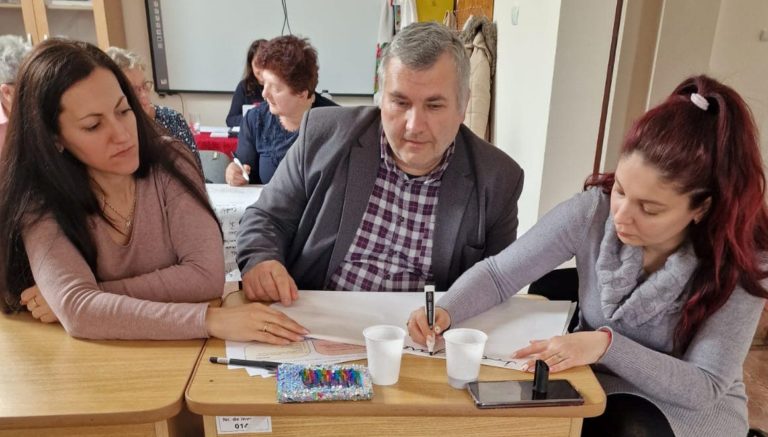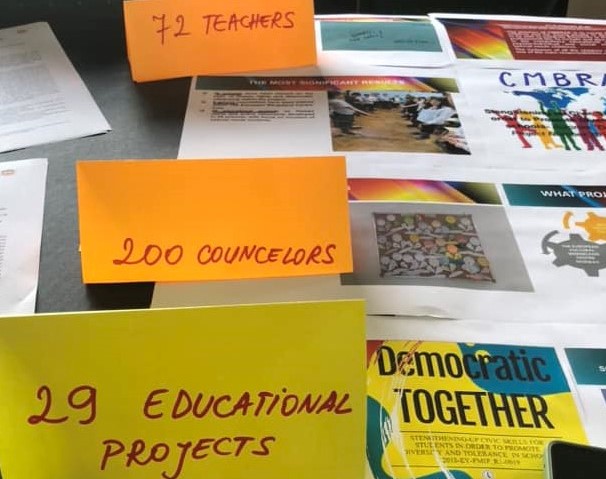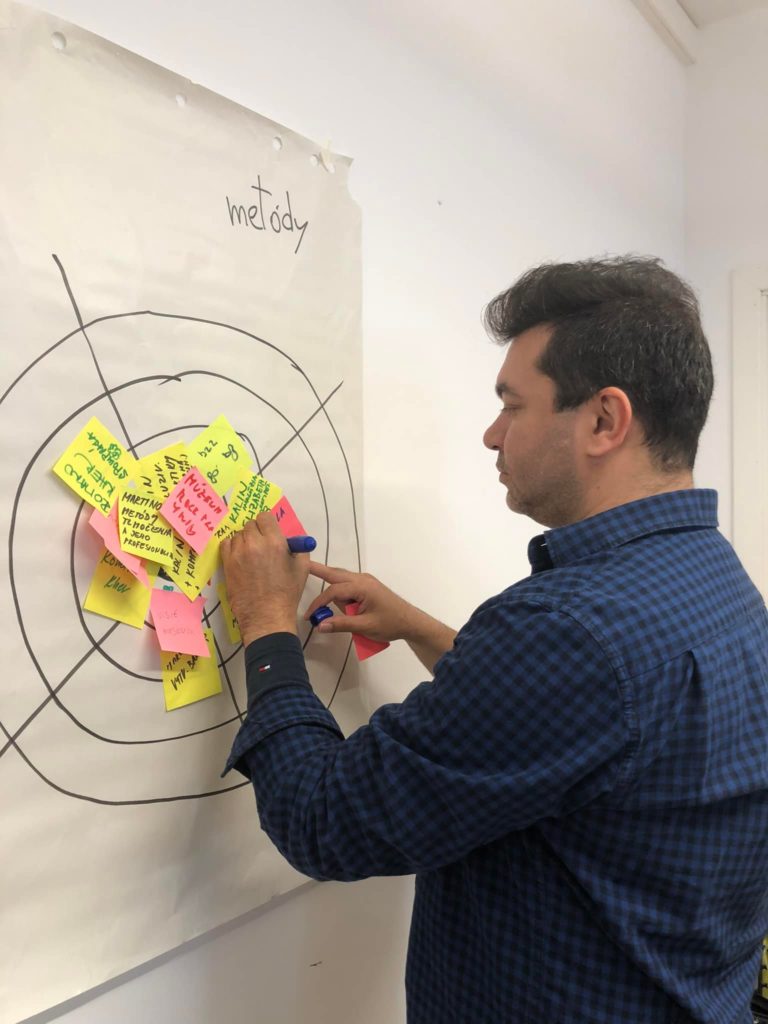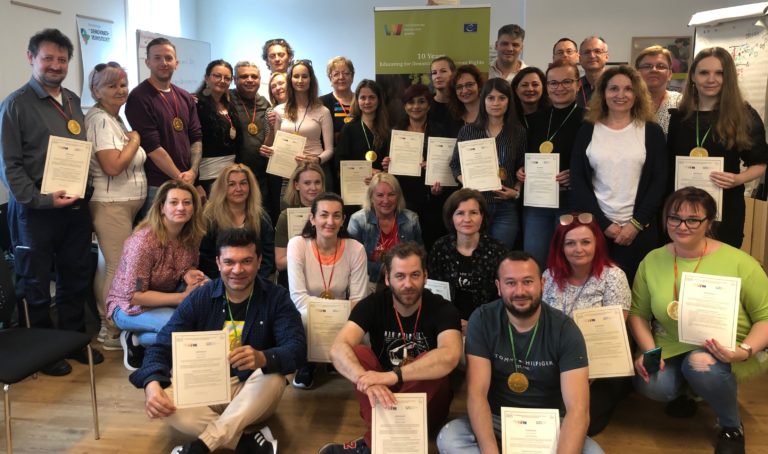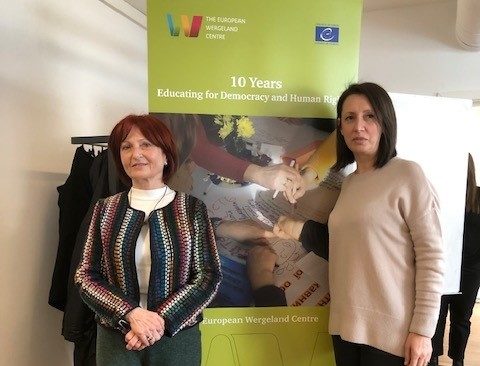At EWC, we work on strengthening the capacity of educators to create inclusive classrooms, teaching culture and history in a way that incorporates democratic competences.
This spring, our numerous training activities engaged teachers and teacher trainers, as well as educational agencies, museums, municipalities and schools from Bulgaria, Czech Republic, Slovakia, Romania and Norway.
Particular focus was on Europe’s Roma communities. The Roma people constitute the largest ethnic minority in Europe, with eight out of ten living below the national poverty line and facing obstacles such as segregation, gender disparity, and academic underachievement, among others.
“We know that 63% of Roma are not currently involved in education, employment, or training, compared to the general EU average of 12%. And when it comes to discrimination and exclusion, around 41% of Roma feel discriminated against on the basis of their background”, says EWC advisor Larisa Leganger Bronder.
EWC’s work to remedy this situation is rooted in the UN sustainable development goal (SDG) number 10, which aims to “reduce inequality within and among countries”.
“At EWC, our expertise lies in addressing controversial issues and democratic competences through the educational sector. Due to our experience with such work, more and more partners have recently turned to us for collaboration on tackling Roma inclusion through education”, she adds.
“Our recent activities together, supported by the EEA grants, focused on enhancing knowledge and understanding through participatory methods, which can be used to fight stereotypes, assumptions, and discrimination against the Roma community.
As a European organisation, we believe that connecting partners across borders is an important way of combining our efforts against discrimination”, Leganger Bronder concludes.
